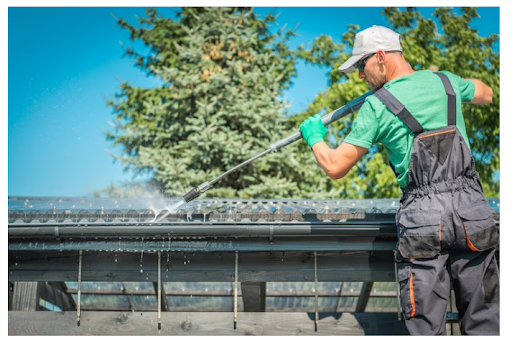Camping is a fun and exciting way to get away from the hustle and bustle of everyday life and connect with nature. It provides a great opportunity to explore the outdoors, relax, and spend time with loved ones. For beginners, camping can be an intimidating experience. But, with proper planning and preparation, it can be an enjoyable and memorable experience. Therefore, here are some awesome camping tips for beginners to help you get started on your next adventure. These tips cover everything from planning ahead and choosing the right gear to leave no trace and ensuring a safe and enjoyable experience.
Post Contents
Plan ahead
Planning ahead is crucial when it comes to camping. It helps you avoid any last-minute mishaps or surprises that could ruin your trip. Before heading out, research the area you will be camping in, the weather conditions, and any potential hazards or challenges. Check the weather forecast for the days you will be camping and pack appropriate clothing and gear. Prepare a checklist of all the gear and supplies you will need and make sure you have everything packed and ready to go. Don’t forget to let someone know where you will be camping and when you expect to return.
Choose the right tent
Choosing the right tent is essential for a comfortable camping experience. The tent should provide adequate shelter from the elements, be spacious enough to accommodate your group and gear, and be easy to set up and take down. Consider the size of your group, the climate you will be camping in, and the type of camping you will be doing. A larger tent may be necessary if you have a bigger group or need more storage space, while a smaller tent may be more appropriate for backpacking or hiking trips. Make sure the tent you choose is durable, waterproof, and has proper ventilation.
Practice setting up your tent
Setting up a tent can be challenging, especially for beginners. It’s a good idea to practice setting up your tent at home before heading out on your camping trip. This will help you become familiar with the process and identify any potential issues before you’re out in the wilderness. When setting up your tent, make sure you choose a flat and level surface and stake it down securely, as well as use one of those versatile automatic knives that will make this whole process easier, quicker, and simpler. Familiarize yourself with the tent’s features, including the zippers, rainfly, and ventilation. Practice setting up your tent in different weather conditions, such as wind and rain, to prepare for any potential challenges.

Bring plenty of water
Water is essential for camping, both for drinking and for cleaning. Make sure to bring plenty of water for your trip, and consider bringing a water filtration system if you will be camping in an area without access to clean water. It’s also a good idea to bring a reusable water bottle to minimize waste. Remember to stay hydrated throughout your trip, especially if you will be doing any physical activity. Avoid drinking untreated water from streams or rivers, as it may contain harmful bacteria or parasites.
Pack the right clothing
The right clothing can make all the difference in your camping experience. It’s important to pack clothes that are appropriate for the weather conditions you will be camping in. This includes warm layers for cooler evenings and rain gear in case of inclement weather. Avoid wearing cotton clothing, as it does not dry quickly and can lead to hypothermia. Instead, opt for synthetic or wool clothing that wicks moisture away from your skin. Make sure to pack comfortable shoes for hiking and exploring, and consider packing extra socks to keep your feet dry.

Leave no trace
Finally, one of the most important things to remember when camping is to leave no trace. This means packing out all your trash and minimizing your impact on the environment. Avoid disturbing wildlife and plants, and stick to established trails and campsites to minimize damage to the wilderness. Bring biodegradable soap and use it at least 200 feet away from any water source when washing dishes or yourself. Do not carve or paint on trees or rocks and avoid leaving any type of graffiti. Try to use established fire rings and make sure to fully extinguish fires before leaving the site. Always respect the environment and leave it as you found it, or better yet, leave it cleaner than you found it.
Camping can be a fun and rewarding experience, but it does require proper planning and preparation. By following these awesome camping tips for beginners, you can ensure a safe and enjoyable trip. With these tips in mind, you can create unforgettable memories and connect with nature in a meaningful way. So go ahead, pack your bags, and embark on your next camping adventure!










